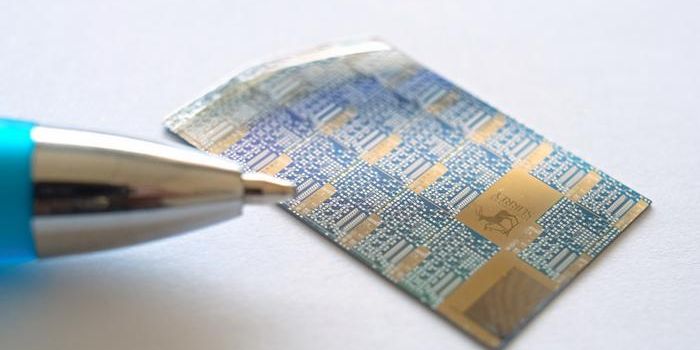
Space is one of the most demanding and unforgiving environments. Human exploration of space requires astronauts to maintain consistently high levels of cognitive performance to ensure mission safety and success, as well as to prevent potential errors and accidents. Despite the importance of cognitive performance for mission success, little is known about how cognition is affected by prolonged spaceflight and what aspects of cognition are primarily affected.
Now, Penn Medicine researchers at the University of Pennsylvania in Philadelphia are poised to help the National Aeronautics and Space Administration (NASA) to close this knowledge gap. They have developed a cognitive test battery, known as Cognition, for the National Space Biomedical Research Institute (NSBRI) to measure the impact of typical space flight stressors (such as microgravity, radiation, confinement and isolation, exposure to elevated levels of CO2 and sleep loss) on cognitive performance. This computer-based test has already been tested by astronauts on Earth. It was performed for the first time in a pilot study on the International Space Station (ISS) on November 28.
The Penn team, led by Mathias Basner, MD, PhD, MSc, assistant professor of sleep and chronobiology in the Department of Psychiatry, David F. Dinges, PhD, professor and chief, Division of Sleep and Chronobiology, Department of Psychiatry, and Ruben C. Gur, PhD, professor of psychology, director of neuropsychology, the Brain Behavior Laboratory and the Center for Neuroimaging in Psychiatry, developed Cognition as a brief and sensitive computerized neurocognitive test battery for space flight. With its 10 tests, it is more comprehensive than NASA's current test battery.
"Cognition addresses, among other areas, spatial orientation, emotion recognition and risk decision making, which we believe are essential for the success of exploration-type space missions," said Basner.
The team chose tests with well-validated testing principles and whose link to cerebral networks has already been established with functional neuroimaging, such as MRI. The tests were then optimized for astronauts.
"We know that astronauts are highly motivated and usually outperform the general population," said Basner. "The difficulty of the tests therefore had to be tailored to astronauts, to avoid both boredom and frustration."
The team generated 15 unique versions of the 10 tests to allow for repeated administration in space flight.
Cognition is currently administered through a series of tasks via laptops and tablets. Penn researchers were recently tasked to generate a Standardized Behavioral Measures Tool for NASA's Behavioral Health and Performance program that will include Cognition.
The three Penn study authors are also participating with Cognition in a NASA effort reported earlier this year to study the molecular, physiological and psychological effects of space flight on the human body by comparing identical twins, providing evidence of the need for a comprehensive cognitive test battery for space flight.
The other Penn researchers involved in the effort include Raquel E. Gur, MD, PhD, Allison Port, Sarah McGuire, PhD, Jad Nasrini, Adam Savitt, and Tyler Moore, PhD. Graham Scott, Ph.D., NSBRI's Chief Scientist, noted that "long duration, deep space missions will undoubtedly challenge astronaut crew members in unexpected ways - including testing their emotional and psychosocial resilience and unconditional teamwork. Neurobehavioral risks to the crew and mission can be mitigated by developing, testing and deploying highly sensitive and specific tools, such asCognition."
The study was supported by the National Space Biomedical Research Institute through NASA NCC 9-58, NASA through NNX14AH98G, NNX14AH27G, NNX14AM81G, NIH through R01NR00428, the Office of Naval Research through N00014-11-1-0361, and the McDonnell Foundation.
 Space is one of the most demanding and unforgiving environments. Human exploration of space requires astronauts to maintain consistently high levels of cognitive performance to ensure mission safety and success, as well as to prevent potential errors and accidents. Despite the importance of cognitive performance for mission success, little is known about how cognition is affected by prolonged spaceflight and what aspects of cognition are primarily affected.
Space is one of the most demanding and unforgiving environments. Human exploration of space requires astronauts to maintain consistently high levels of cognitive performance to ensure mission safety and success, as well as to prevent potential errors and accidents. Despite the importance of cognitive performance for mission success, little is known about how cognition is affected by prolonged spaceflight and what aspects of cognition are primarily affected.







